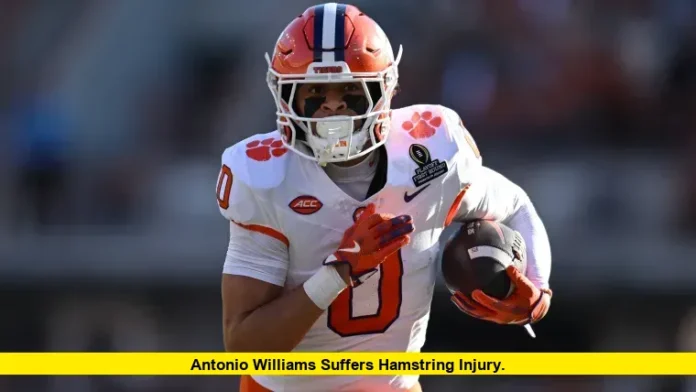Many people assume that U.S. vice presidents get Secret Service protection for life, just like former presidents. The reality, however, is very different. While presidents are entitled to lifetime protection, vice presidents follow a shorter and more flexible security arrangement, and that policy has become a hot topic again in 2025.
Protection during office
The rules for sitting vice presidents are straightforward. While in office, they receive the same round-the-clock protection as the president. Their spouses and dependent children are also covered for the duration of the term. This coverage includes travel, official events, and private moments, ensuring that the second-highest office in the nation is guarded against both physical threats and potential disruptions.
This level of security is seen as essential, given the vice president’s constitutional role in the line of succession.
After leaving office
Where the situation shifts is after a vice president leaves office. By law, U.S. vice presidents do not receive lifetime Secret Service protection. Instead, they are provided protection for up to six months once their term concludes. This period is designed to cover the immediate transition, when public attention and potential risks may still be elevated.
After that time, former vice presidents are expected to rely on private security or local law enforcement unless further action is taken by federal authorities.
Extensions and exceptions
Although the six-month limit is the standard rule, the Department of Homeland Security has the authority to extend protection if unique circumstances require it. Extensions are not guaranteed, but in practice they have been granted in moments of heightened political tension or when a former vice president remains in the public eye.
The decision is typically based on risk assessments, ongoing visibility, and the nature of upcoming public activities. For example, a vice president preparing for a national speaking tour, political campaign, or high-profile publication might be considered at higher risk, prompting an extension.
This flexibility is why public debate often resurfaces when extensions are granted—or revoked.
Comparison with former presidents
The contrast with presidents is striking. Since 2013, presidents have been guaranteed lifetime Secret Service protection, a change that restored benefits that had been previously limited. That guarantee also extends to their spouses, with children covered until they reach adulthood.
Vice presidents, however, remain subject to a much narrower window of official protection. Unless Congress acts to update the law, the six-month rule will continue, and extensions will remain at the discretion of federal authorities.
Why the debate matters now
The question of whether U.S. vice presidents get Secret Service protection for life has grown louder in 2025 because of current political events. A former vice president preparing for a book tour and a series of public events has faced the loss of an extended Secret Service detail earlier than expected. The decision has drawn both criticism and praise, depending on political viewpoint.
Supporters of lifetime or longer protection argue that the modern climate of political polarization and online threats makes vice presidents nearly as vulnerable as presidents. They believe that six months is insufficient and leaves former officeholders exposed during times when their visibility remains high.
Critics, however, argue that permanent protection is costly, unnecessary, and not in line with the original intention of the law. They emphasize that vice presidents do not carry the same long-term national security obligations as presidents and should be free to make private security arrangements once out of office.
Looking forward
The current controversy is likely to fuel new calls for Congress to review the rules around vice-presidential security. With national campaigns, public tours, and media appearances making former vice presidents prominent figures well beyond their terms, the debate over cost, fairness, and safety is far from settled.
For now, the law remains clear: vice presidents do not automatically receive lifelong protection. What they receive instead is a short window of coverage, with possible extensions if federal officials decide the risks warrant it.
Read Also-Do vice presidents get Secret Service for life?
The question of whether U.S. vice presidents get Secret Service protection for life is therefore not just about security—it’s about how the country values and protects its leaders once they step away from power. As the debate continues, the balance between safety, politics, and public cost will remain at the center of the discussion.
